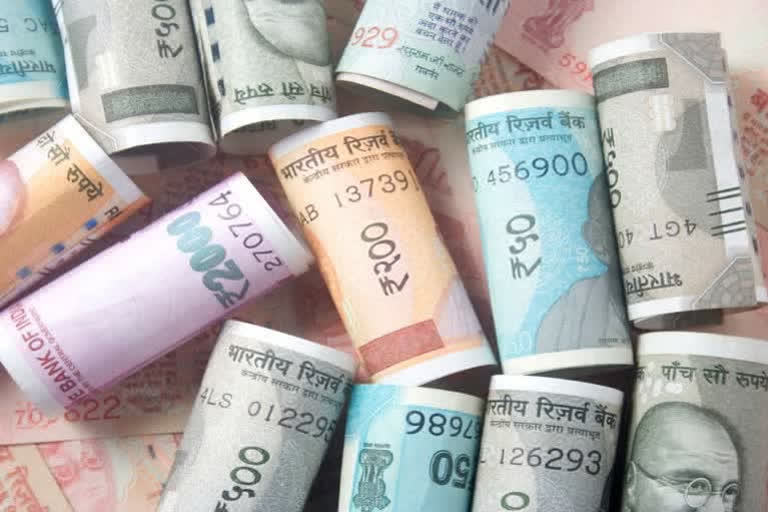New Delhi: The government is confident that the country's economic growth will not be hit even if a third Covid wave hits the country in the coming months as the country is rapidly vaccinating its adult population in a tight race against the deadly virus that has killed more than 4,40,000 people in the country in less than two years.
“Rapidly increasing vaccination coverage and richer experience with pandemic management provide the confidence that the recovery can be continued even in the event of a third wave,” the department of economic affairs said in its monthly report for August this year.
According to the latest health ministry data, the country has administered more than 720 million vaccine doses till Thursday (September 9) as more than 5.9 million doses have been administered today, with the tally expected to go up by the final count done in late night. While more than 550 million people have received at least one dose of India's three approved Covid vaccines, more than 170 million people have received both the doses.
Some health experts have warned that a third Covid wave may hit the country in next few months if a sizeable chunk of the country's population does not follow Covid appropriate behaviour during the festive season that starts in September-October and will last till February-March next year as people visit relatives and friends due to festivals and weddings, increasing the risk of spread of the virus.
Second wave did not hit economy badly
In addition to nationwide vaccination drive which has picked up the pace in the month of August after initial hiccups at the start of the drive, several high frequency economic data indicators suggest that the ferocious second Covid wave that hit the country in May-June this year did not impact the economic growth as badly as was the case in the aftermath of a strict nationwide lockdown announced by Prime Minister Modi in March 2020.
Experts believe that because of the local nature of lockdowns, the economic recovery was swift in comparison with the recovery witnessed after the first lockdown last year.
For example, the GDP growth, which declined by over 24% in the first quarter (April-June 2020) of the last fiscal, registered a growth of more than 20% in the first quarter (April-June 2021) of the current fiscal, namely on account of last year's low base but it showed that the damage caused by the second Covid wave which killed more than 2,50,000 people was less devastating economically.
